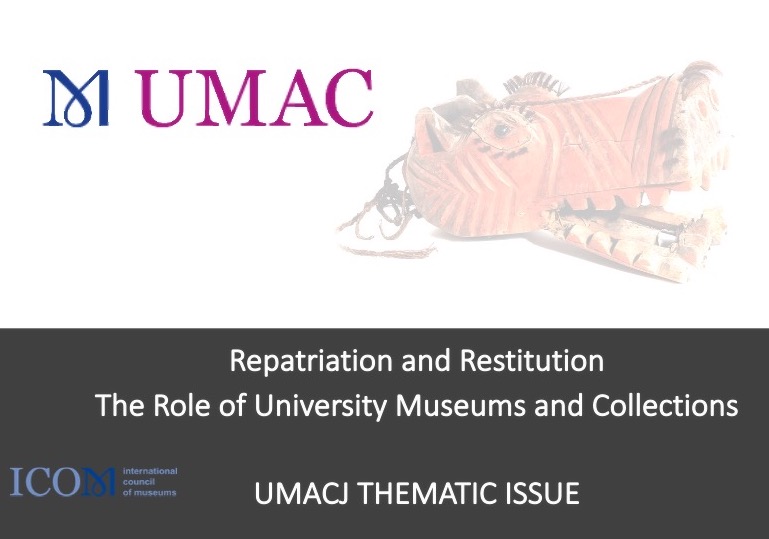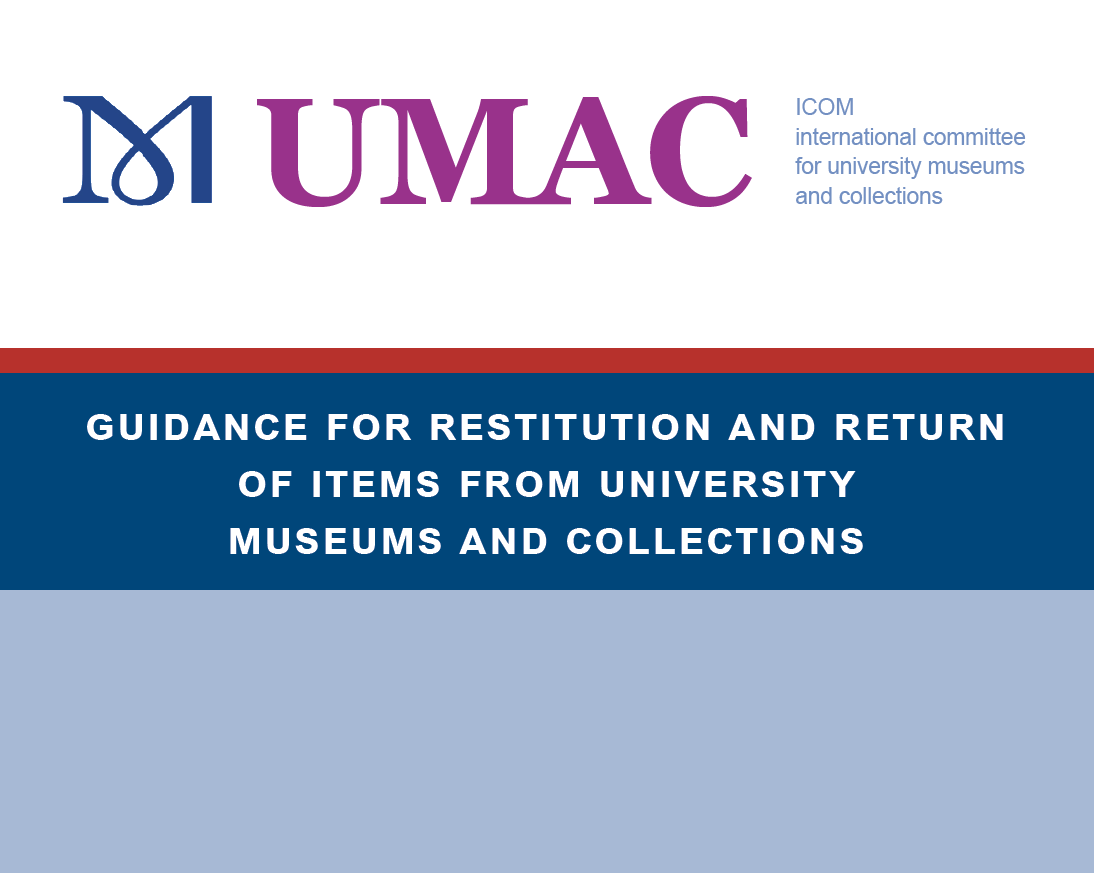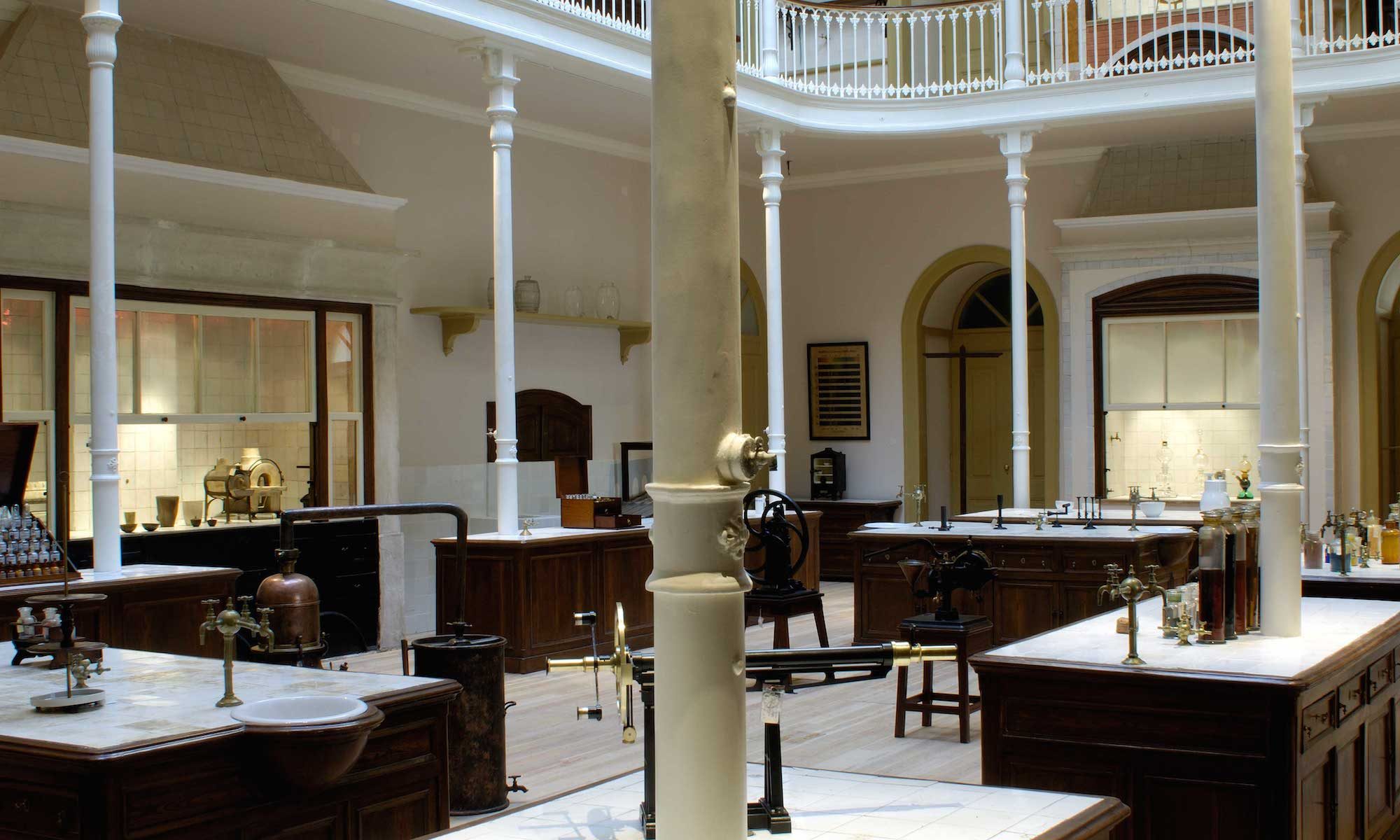
Call for proposals for a thematic issue of University Museums and Collections Journal UMACJ
UMAC, ICOM’s International Committee for university museums and collections, through 2020 and 2021 have undertaken an “Ethics of Repatriation and Restitution” study in partnership with other ICOM groups (ETHCOM, ICME and ICOM Australia), and with UNIVERSEUM, the European network of university museums. This project was part of ICOM’s commitment to research and address issues of decolonization. The project involved considerable international dialogue and exchange between university museums and source communities. It resulted in a draft set of guidelines designed to assist universities on the issue of restitution and repatriation and augment the ICOM Code of Ethics.
The project uncovered many interesting examples of repatriation from the higher education sector as part of university decolonisation strategies. We are now seeking to capture these for a thematic edition of the University Museums and Collections Journal. Given that the issue of repatriation will dominate the coming generation or two of museum practice, we believe it is important to capture the details of some of the initial repatriation efforts from universities. Universities must address the issue of heritage tainted with histories of violence, forceful occupation, oppression, exploitation, unethical research, and war. Most importantly, we must go beyond university museums, deep into our departments, laboratories and institutes, which are full of items embodying uncomfortable truths.
We are seeking two different types of papers with this call:
- Papers that discuss and scope the changes in universities and university museums currently underway and frame these within the theoretical contexts of either museology, education, sociology, cultural studies or organisation and institution theory, or some combination of these.
- Case studies of your university repatriation experience in the form of a proposal (under 1000 words) for a full article. Aspects that should/could be included are:-
- What was the nature of material repatriated?
- How and why did it initially become part of the university?
- Were you approached by source communities seeking material, or did you seek out source communities, or work with third parties?
- Why was it the right time to repatriate material?
- Did the repatriation provide learning, teaching and research opportunities? Will these be ongoing after the repatriation?
- Was there any resistance to the repatriation?
- Did the university (and university museum/collection) change as a result of the repatriation, including relationships with staff, students, alumni? If so, how?
For the case studies we prefer papers that are jointly authored by university practitioners and people from or representing source communities.
We are seeking both papers that either comply with or challenge the set of guidelines as currently expressed. You can find the guidelines here.
This thematic issue of UMACJ represents an opportunity to both develop a discourse around the changing paradigms of knowledge generation in higher education, and document some specific instances on the cusp of what is likely to be a generational change in our knowledge-based organisations as universities and their museums are transformed from being fixed points of cultural authority to fluid networks of cultural agency.
Proposals due: 31 December 2021.
Send proposal to umacjeditor@gmail.com
Publication: aiming for late 2022 or early 2023
This special issue will be edited by: Steph Scholten (The Hunterian, University of Glasgow), Jilda Andrews (Australian National University), Nicole Crawford (University of Wyoming), Andrew Simpson (Macquarie University).


